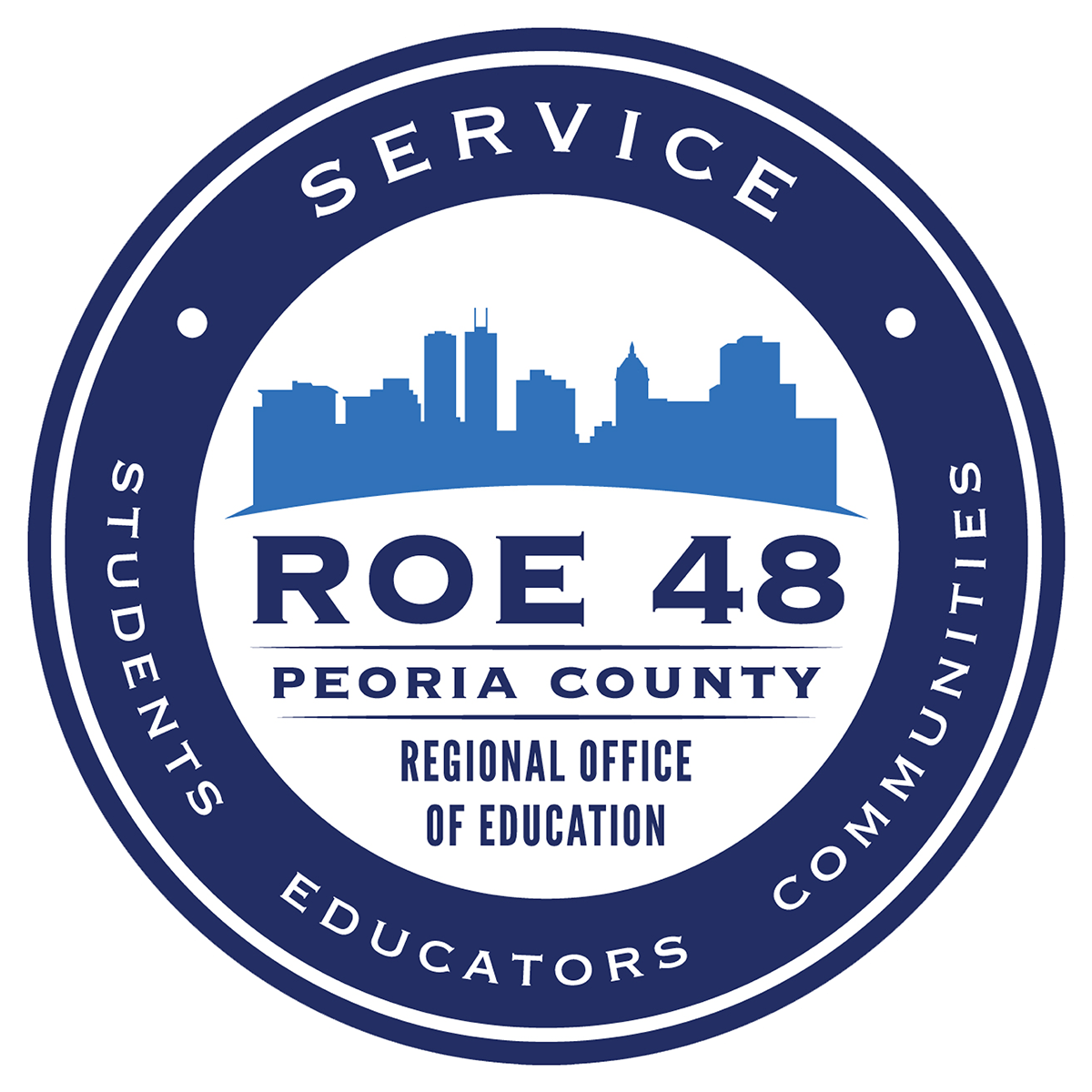ROE 48 is excited to share that we are one of the recipients of a $3 million grant aimed at advancing equity in computer science education. Dr. Amy Smith, Director of Professional Learning Services, explains "The funding from the grant will be used to create a community of K - 12 teachers to support ongoing integration of computer science concepts across core content areas. The ultimate goal is increasing all students' access to computer science education in schools."
You can read the entire ISBE article below:
The Illinois State Board of Education today announced the recipients of 72 grants totaling $3 million aimed at advancing equity in computer science education. The Computer Science Equity Grants, established in Governor JB Pritzker’s fiscal year 2024 budget, enhance and expand computer science education in Grades K-12 statewide as part of the state’s goal of ensuring that all students have access to rigorous computer science coursework aligned with state standards and are prepared for a 21st-century workforce.
“Computer science jobs are some of the highest paying and most in-demand. Our Computer Science Equity Grants tackle the social and structural barriers that limit students’ access to lucrative computer science fields,” said State Superintendent of Education Dr. Tony Sanders. “We are removing barriers to future careers in technology by investing in our educators and our classrooms and ensuring all students gain exposure to high-quality computer science instruction.”
“Every child in Illinois deserves a front-row seat to a world-class education. The state has notoriously left our students behind when it comes to equal access to opportunities to prepare our younger generations for their future careers — careers that will ultimately continue to transform with innovative technology,” said State Representative Carol Ammons. “By expanding learning opportunities through the Computer Science Equity Grant, our students from kindergarten through 12th grade now grasp the opportunity to learn and excel in a fast-paced, technologically driven world. By allocating $3 million for K-12 teachers to equip their classrooms for computer science instruction, we’re giving them the tools necessary to bridge the digital divide, one step at a time.”
The grants, which are awarded for up to three years, have been fully appropriated for FY 2024 and 2025, with FY 2026 subject to appropriations by the Illinois General Assembly. Grant awards range from $10,194 to $60,700 with recipients including K–12 districts, Regional Offices of Education, Intermediate Service Centers, institutions of higher education, and Education for Employment offices. Awardees will expand learning opportunities, enhance teacher training, equip classrooms, increase the enrollment of underrepresented students in computer science classes, and support early preparation for secondary computer science success.
Grant recipients will utilize advanced technology and educational tools, including 3-D printers, robotics kits, virtual reality tools, and digital design software, to provide students with hands-on, inquiry-based learning experiences. Students will develop skills in areas such as 3-D design, coding, robotics, and digital modeling, preparing them for future careers in science, technology, engineering, and math (STEM) fields. The grants also support the acquisition of industry-recognized credentials, such as drone piloting and digital media certifications, equipping students with valuable qualifications for the modern workforce.
The grant program supports the goal of universal access to computer science education for all high school students and opportunities for students at every grade level to gain computer literacy skills, as specified in Public Act 101-0654. The legislation requires every high school student to have the opportunity to enroll in at least one computer science course aligned to the rigorous Illinois Learning Standards for Computer Science and for all students to receive developmentally appropriate computer literacy instruction at each grade level.
Priority was given to entities serving populations underrepresented in the computer science labor market (based on gender or racial/ethnic identities) and schools or districts lacking accessible computer science coursework (based on population, rigor, and grade-level availability).
View the list of awardees and find more information about the Computer Science Equity Grant program on ISBE’s Standards and Instruction webpage.

